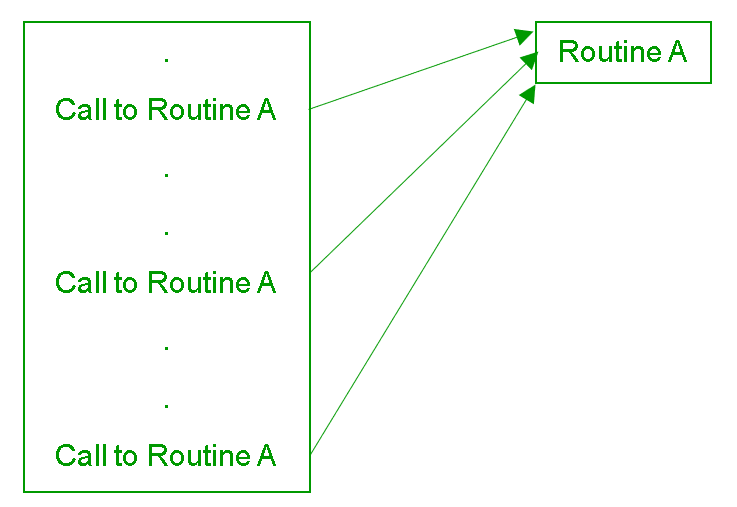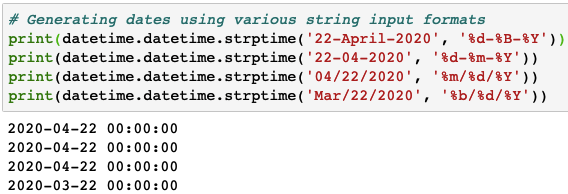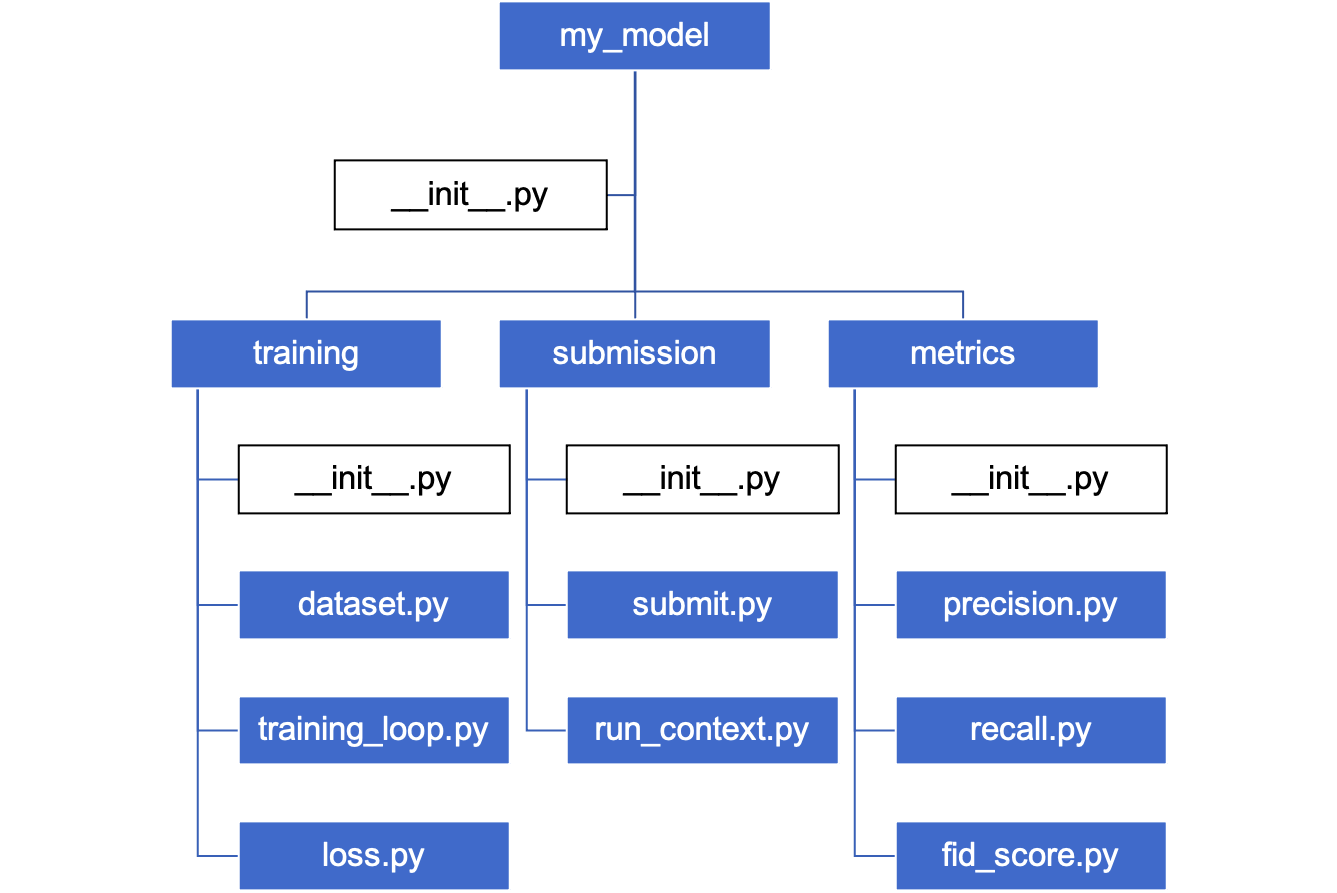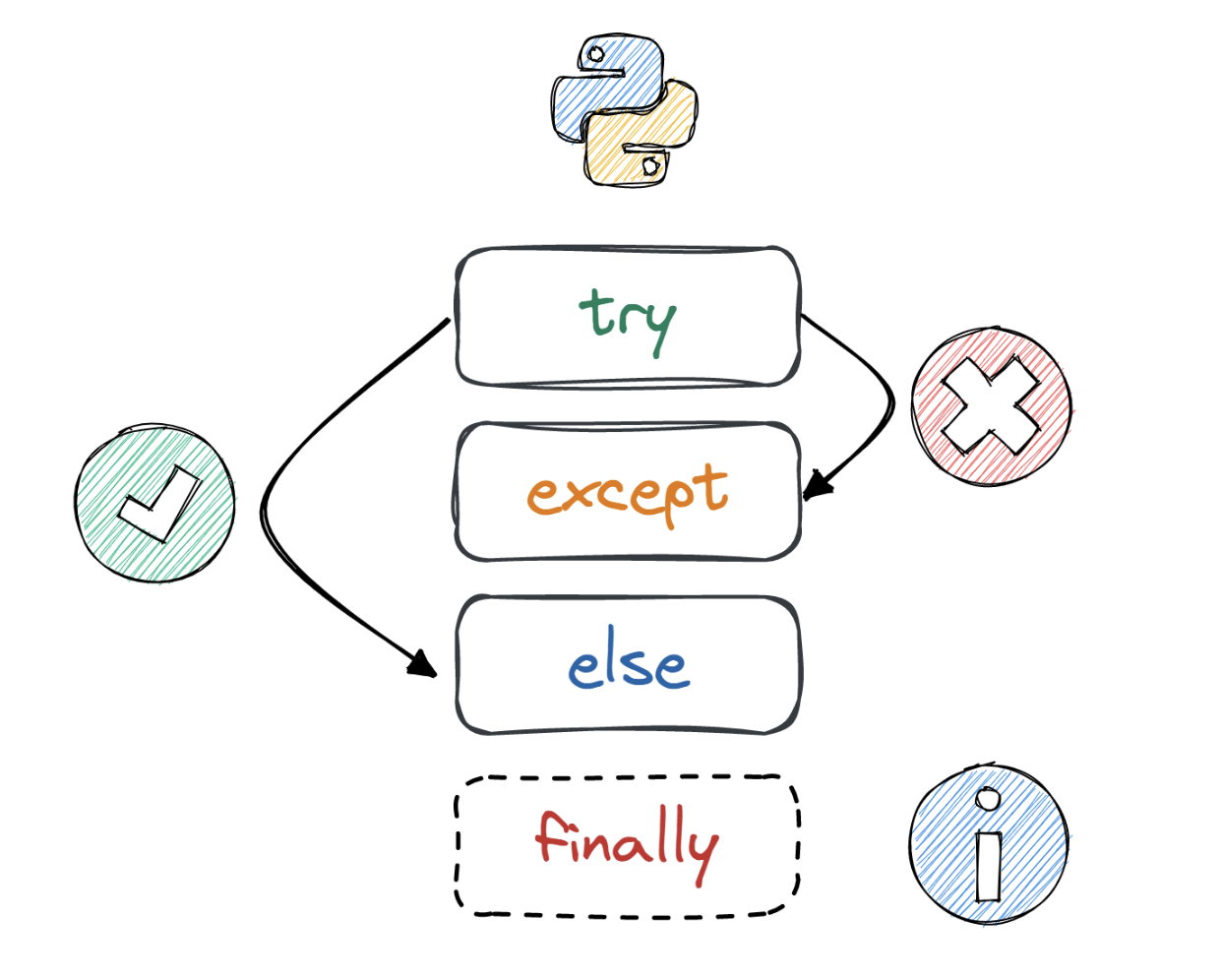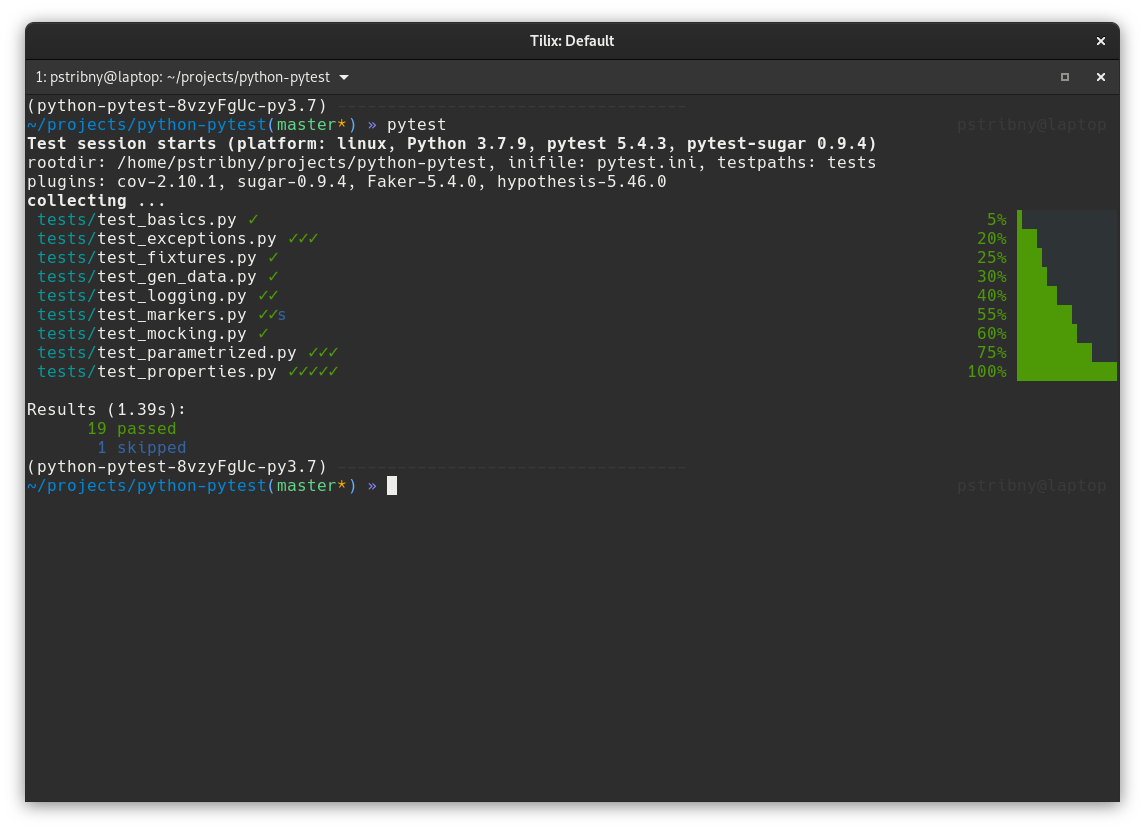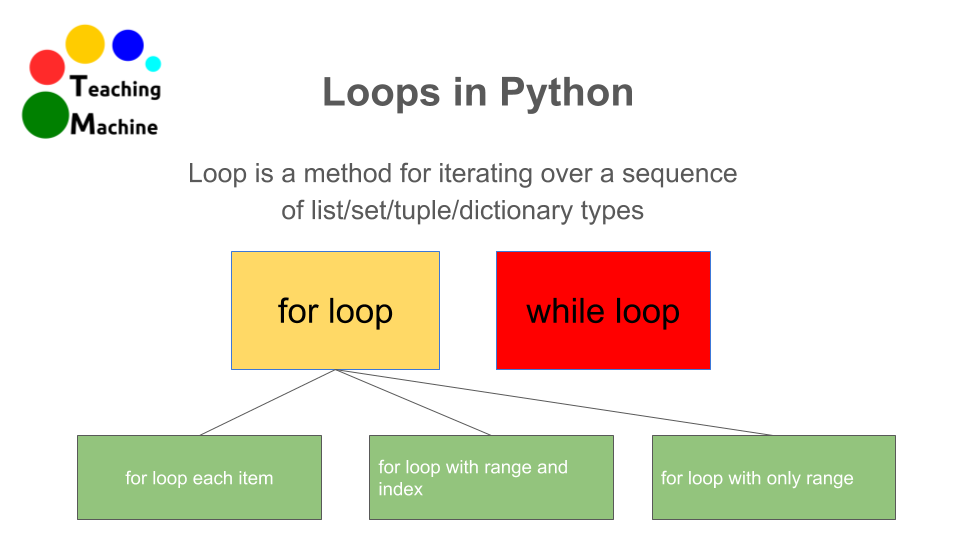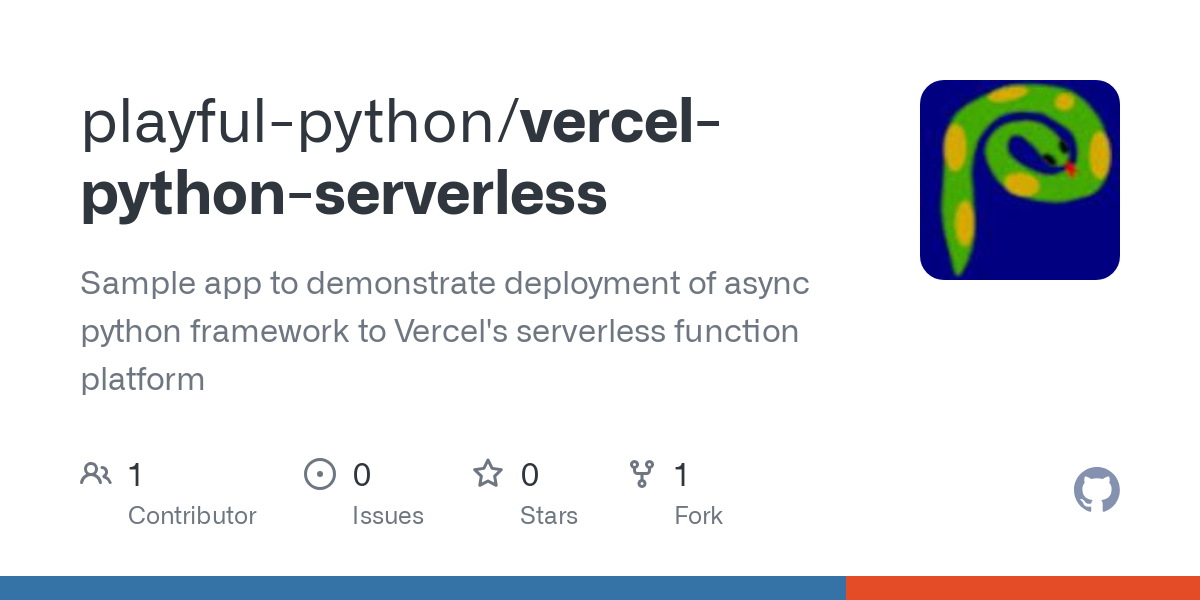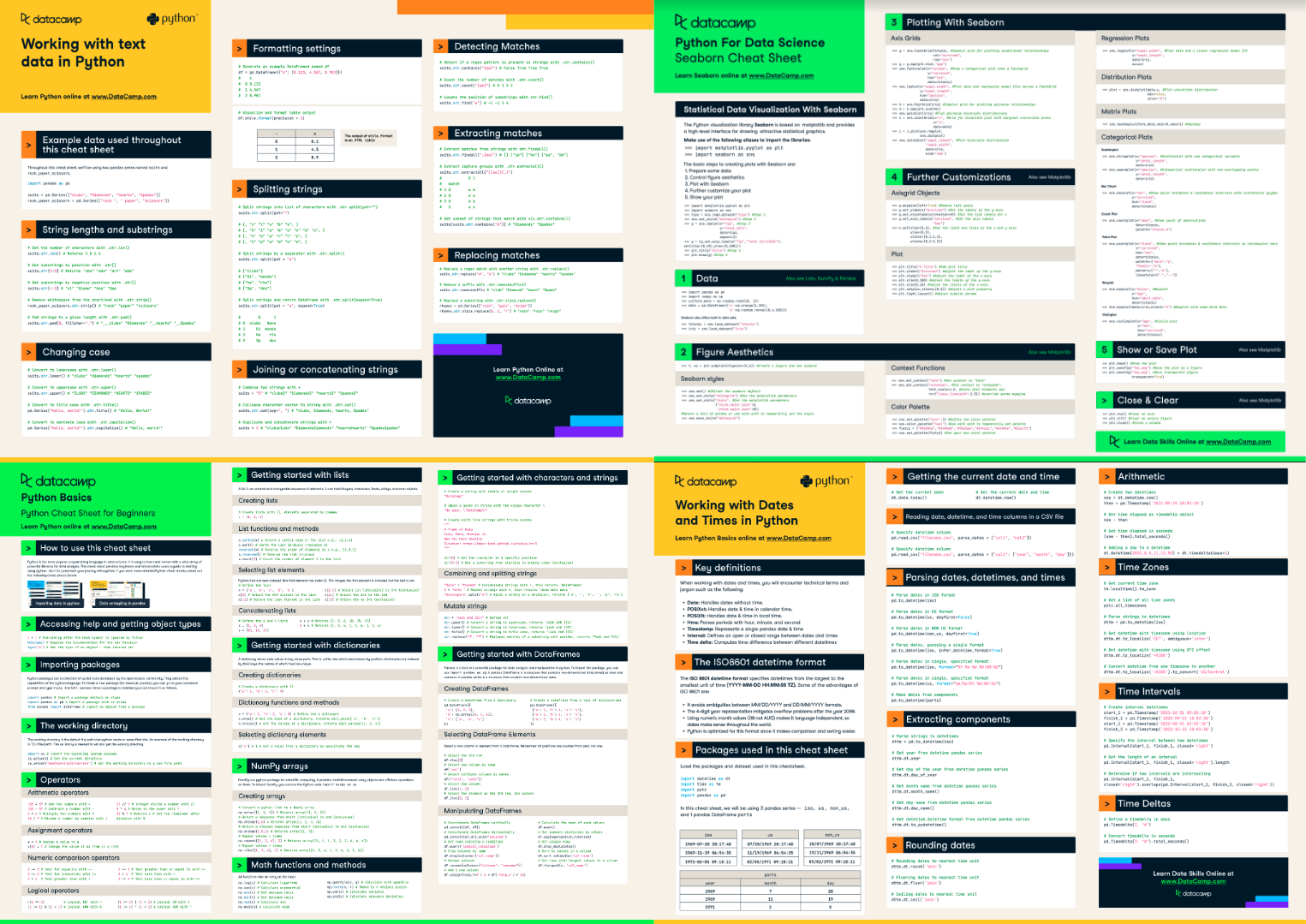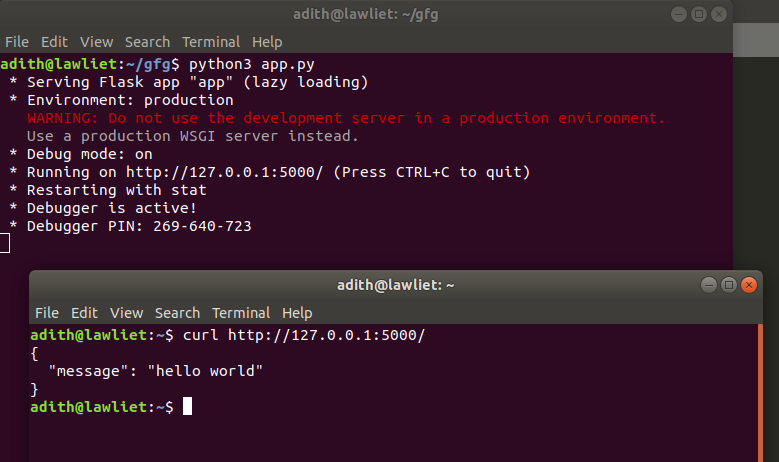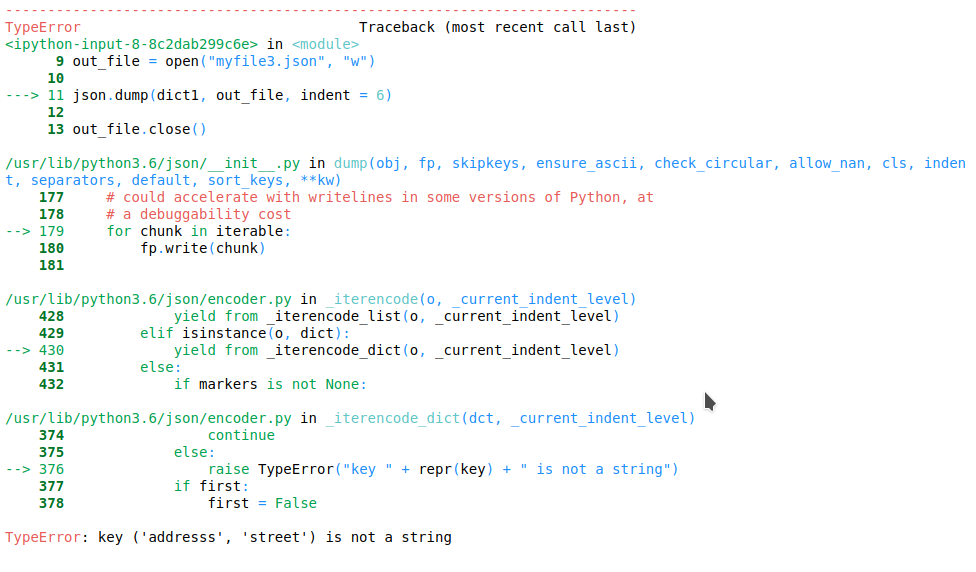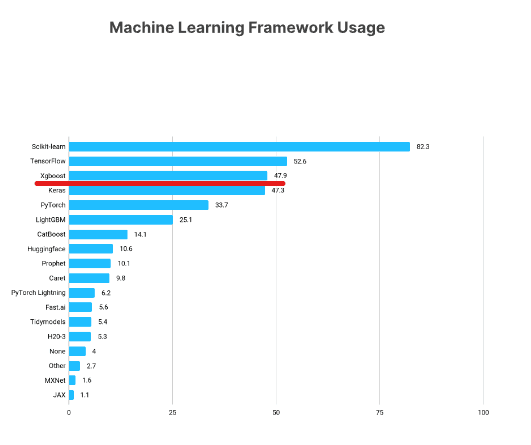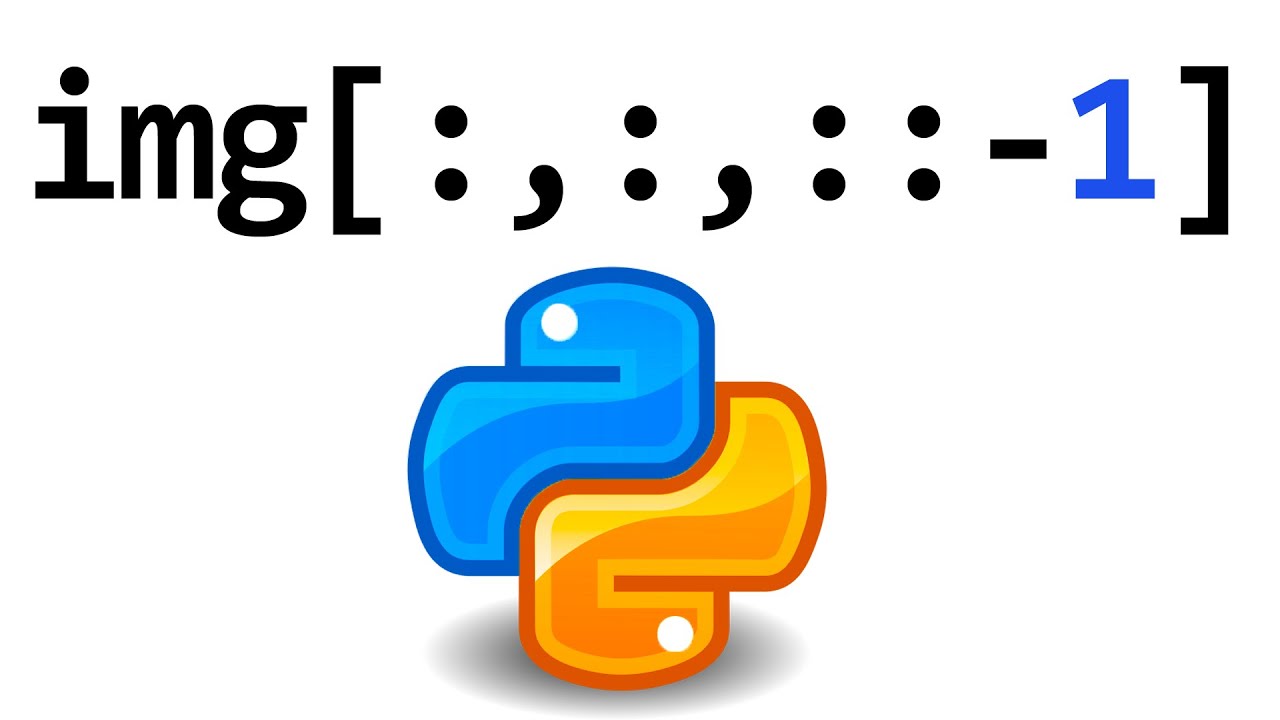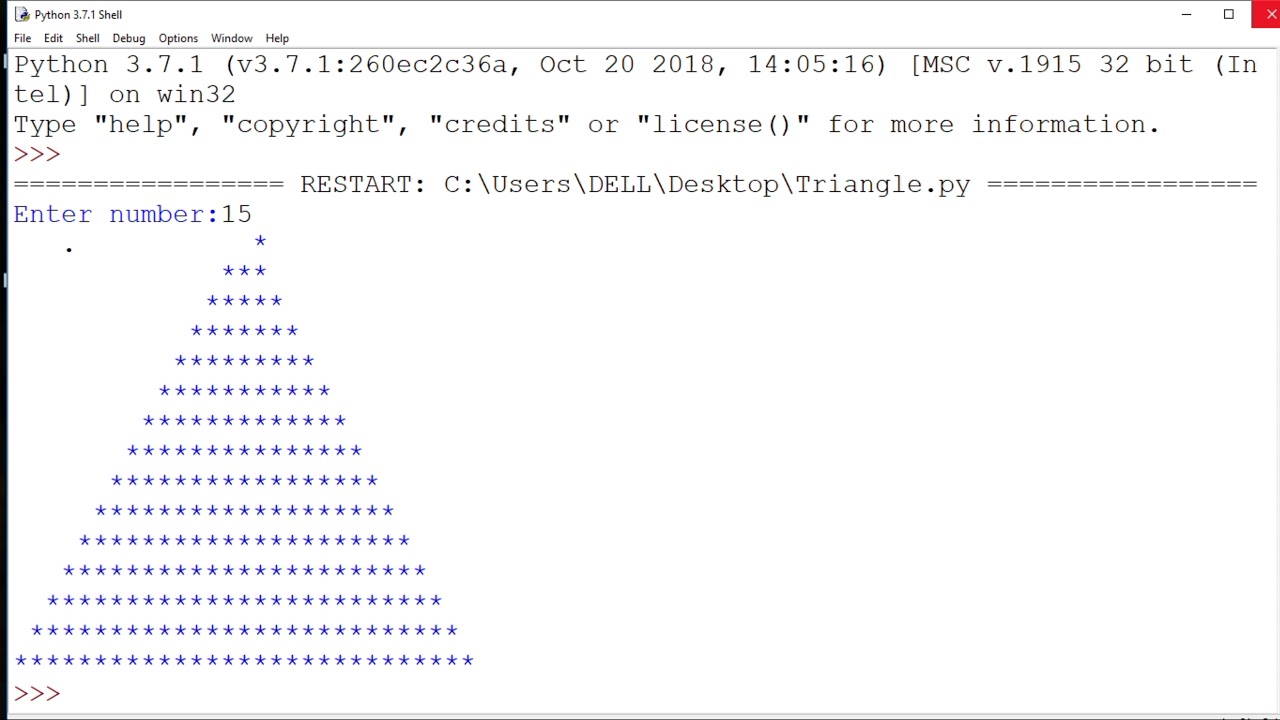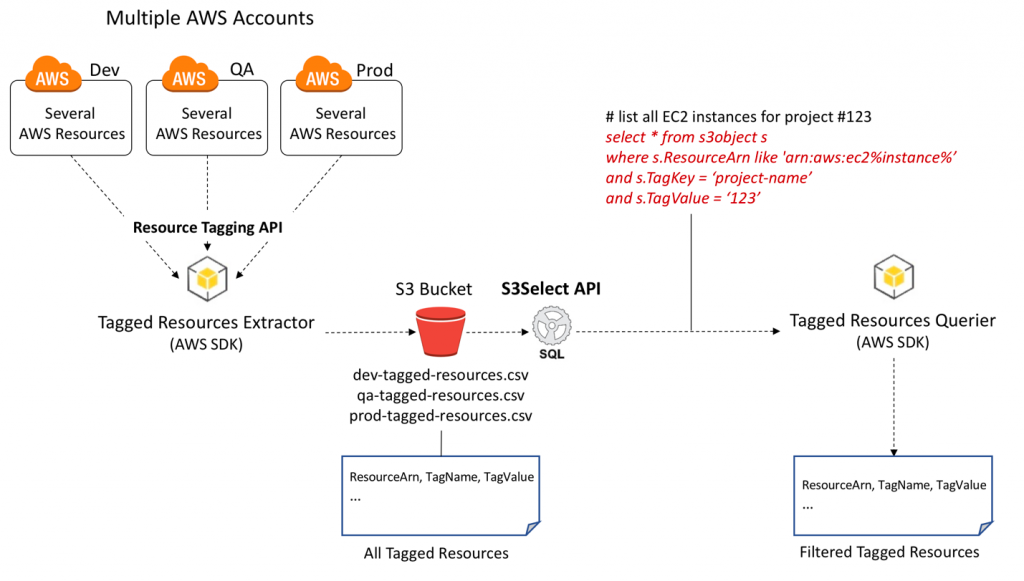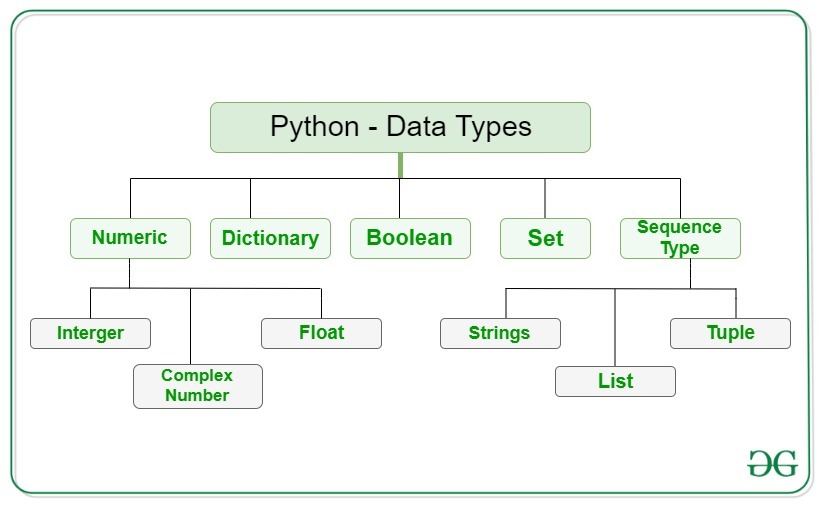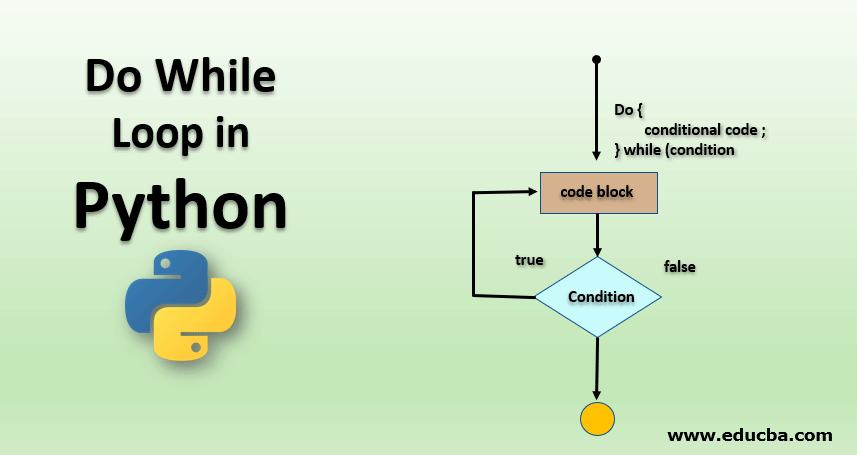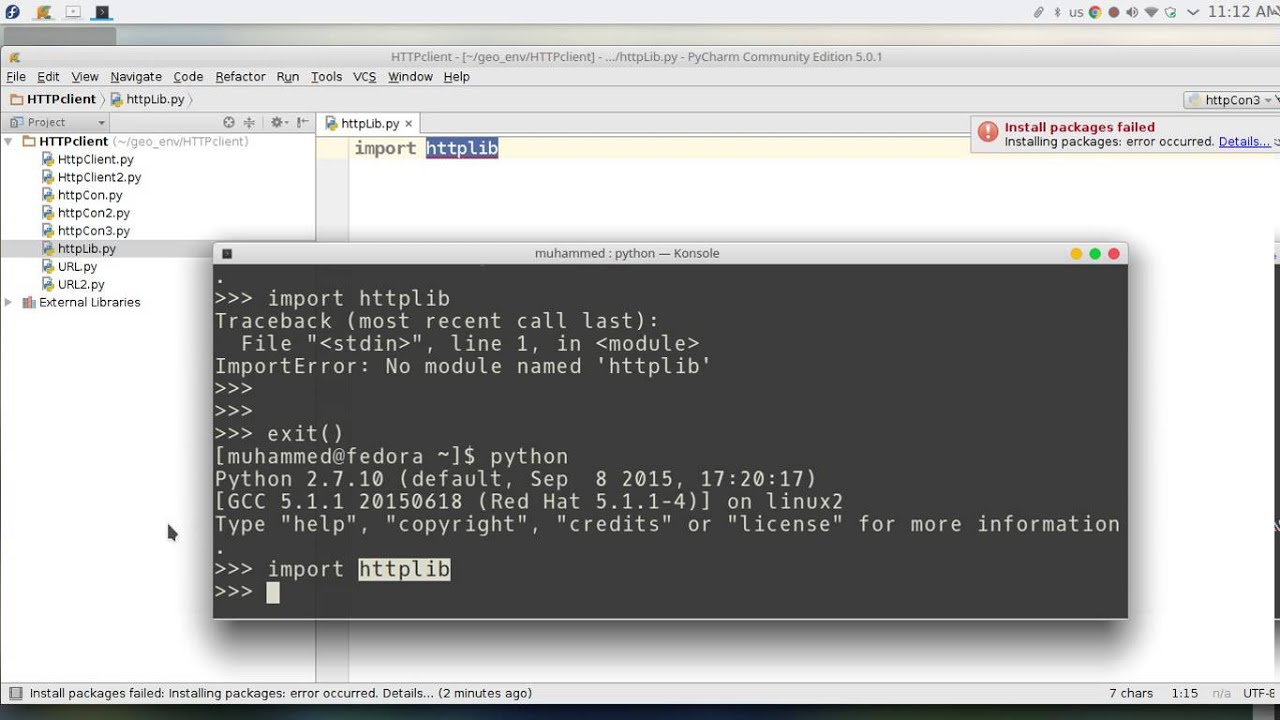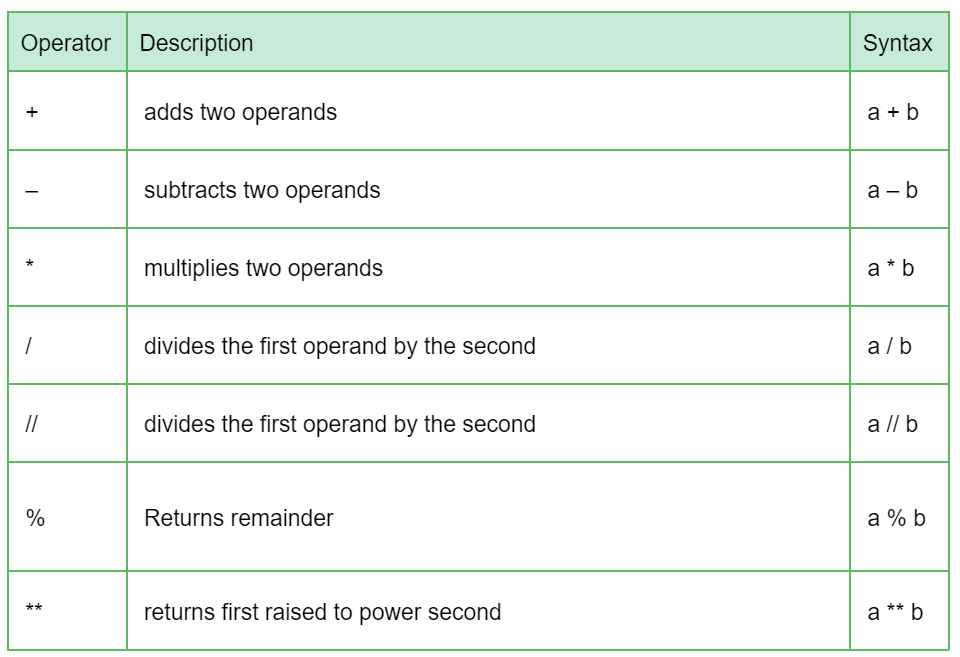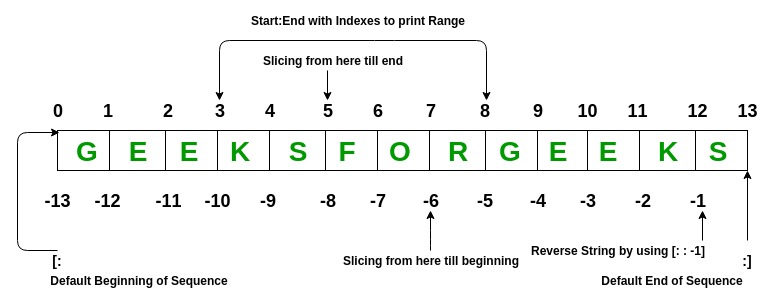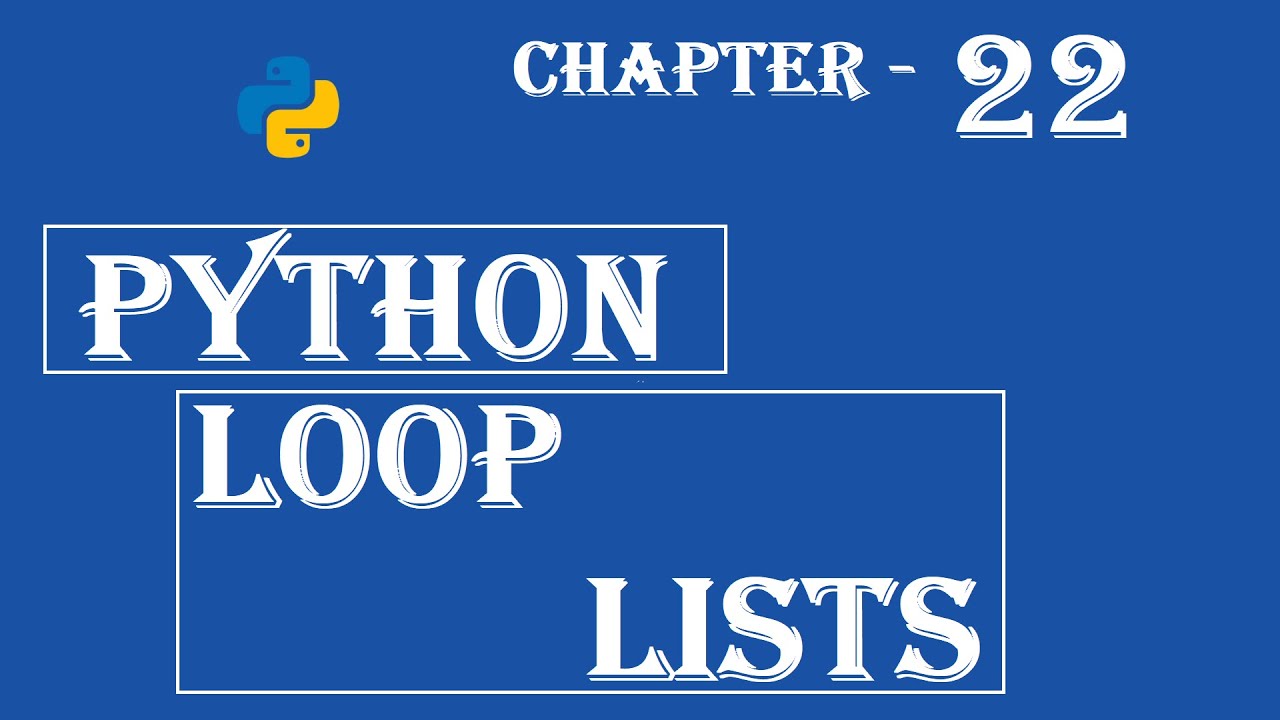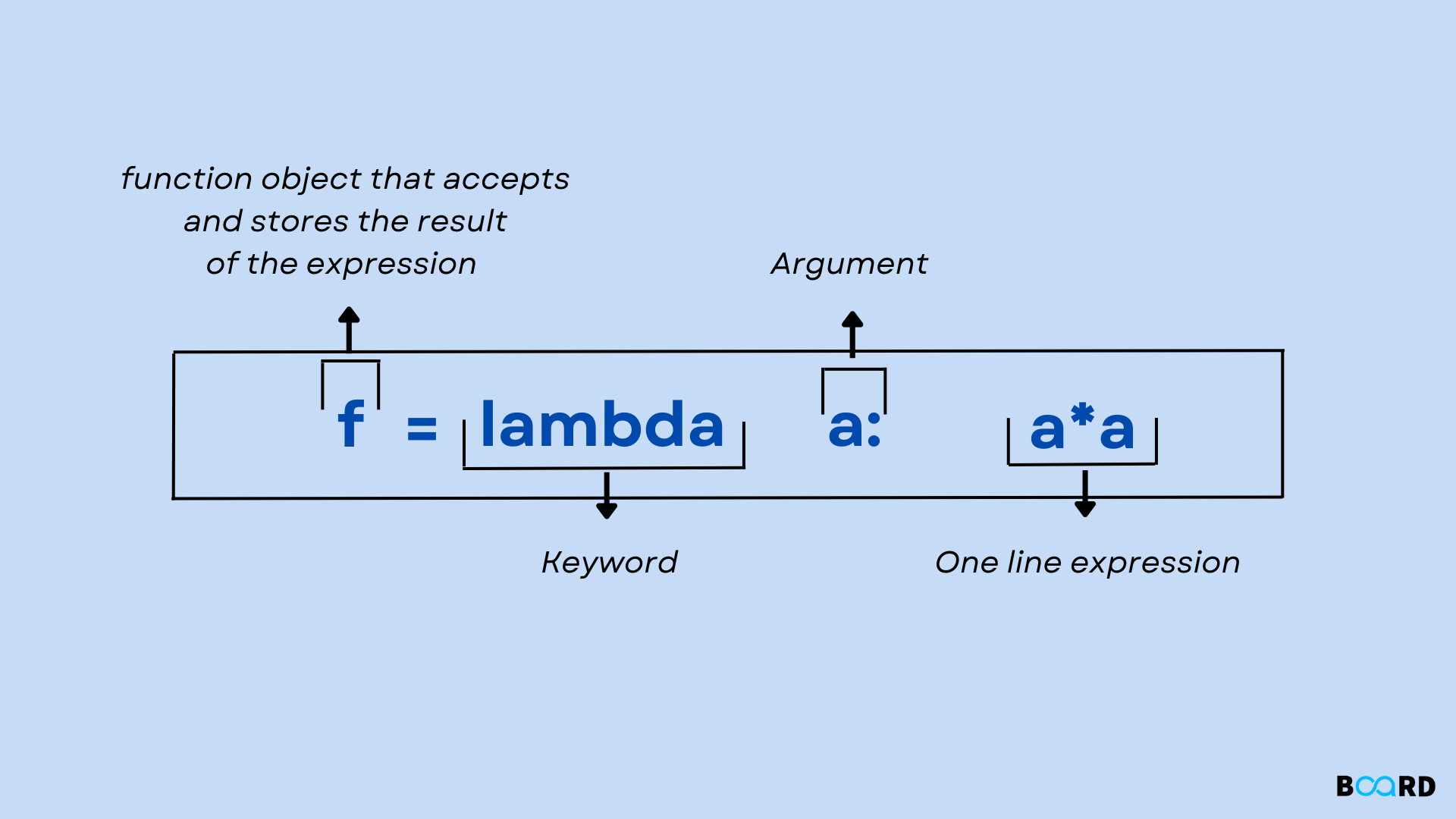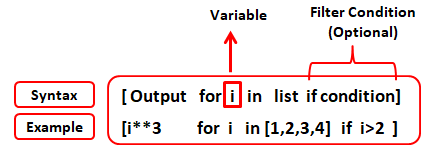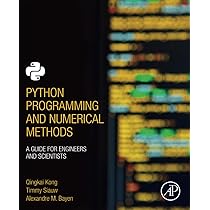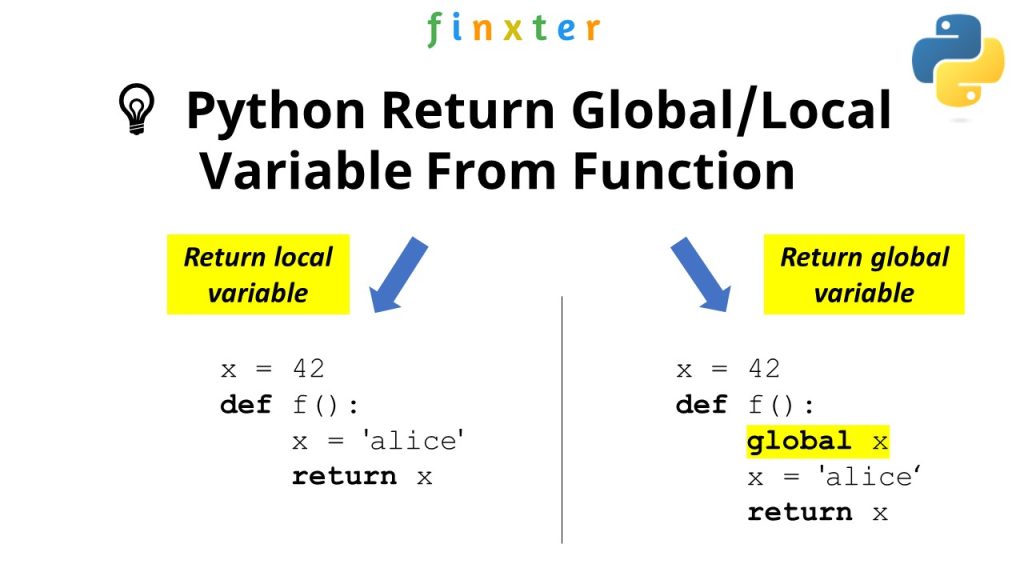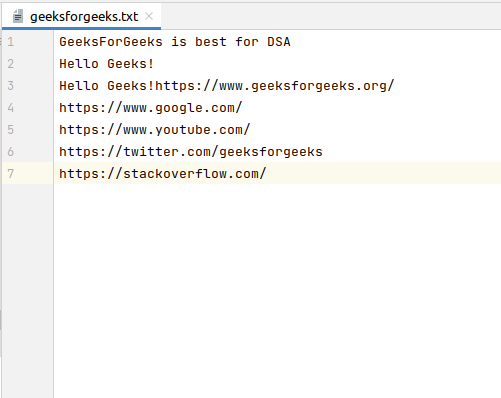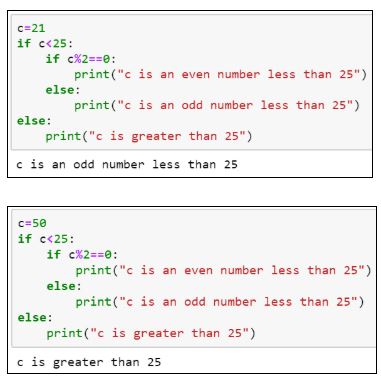Is pygame different from Python?
Is pygame different from Python?
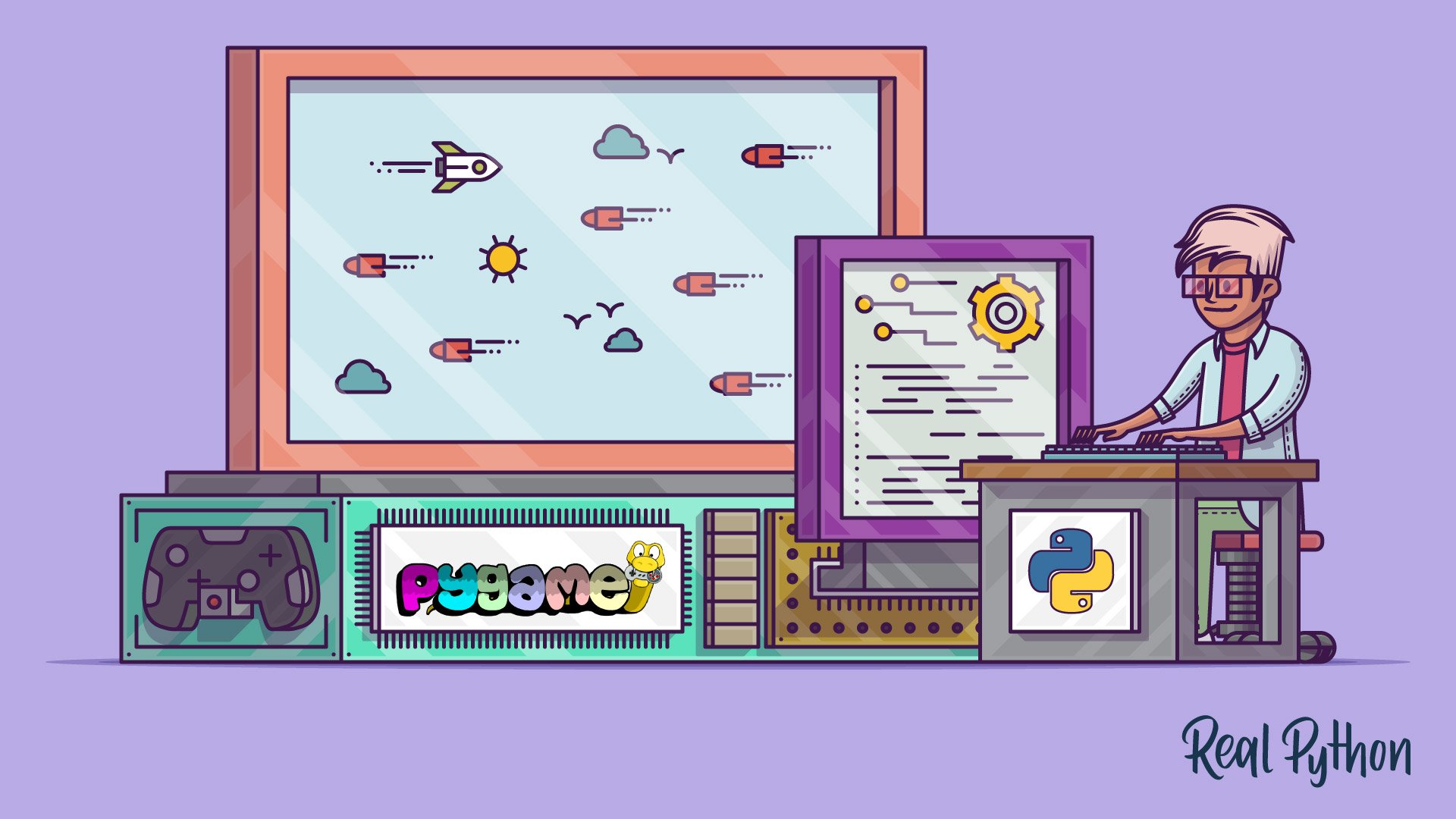
I'd be happy to explain the relationship between Pygame and Python in a clear and concise manner.
Pygame is a free, open-source Python library that provides an easy-to-use interface for creating video games. While it's often referred to as a separate entity from Python, the truth is that Pygame is actually built on top of the Python programming language.
In other words, Pygame is not a distinct programming language in its own right; rather, it's a collection of modules and tools that make it easier for developers to create games using Python. Think of it like a superpowerful library that makes game development more accessible and enjoyable.
Here are some key aspects where Pygame differs from standard Python:
Game-related functions: Pygame provides a set of specialized functions for handling graphics, sound, and input (e.g., mouse and keyboard events) that are specifically designed for building games. Initialization and setup: When you start using Pygame, you need to initialize the library by creating apygame.init() object. This sets up the necessary variables and data structures required for game development. Game loop: In Pygame, the game loop (the main event handling loop) is specifically designed to handle game-related tasks like updating and rendering graphics, playing sounds, and managing user input.
That being said, Pygame still relies heavily on standard Python syntax and semantics. If you're familiar with Python programming concepts, such as variables, data types, control structures, functions, and object-oriented programming, you'll feel right at home working with Pygame.
Some of the benefits of using Pygame include:
Ease of use: Pygame simplifies game development by abstracting away many low-level details, making it easier for beginners to get started. Cross-platform compatibility: Since Pygame is built on top of Python, your games will be compatible with most platforms that support Python, such as Windows, macOS, and Linux. Access to a large community: As part of the broader Python ecosystem, you can tap into the vast resources available for Python developers, including libraries, tutorials, and online forums.In summary, Pygame is not a separate programming language; it's an extension of the Python library designed specifically for building games. If you're interested in game development using Python, Pygame is definitely worth exploring!
How to install pygame in Python?
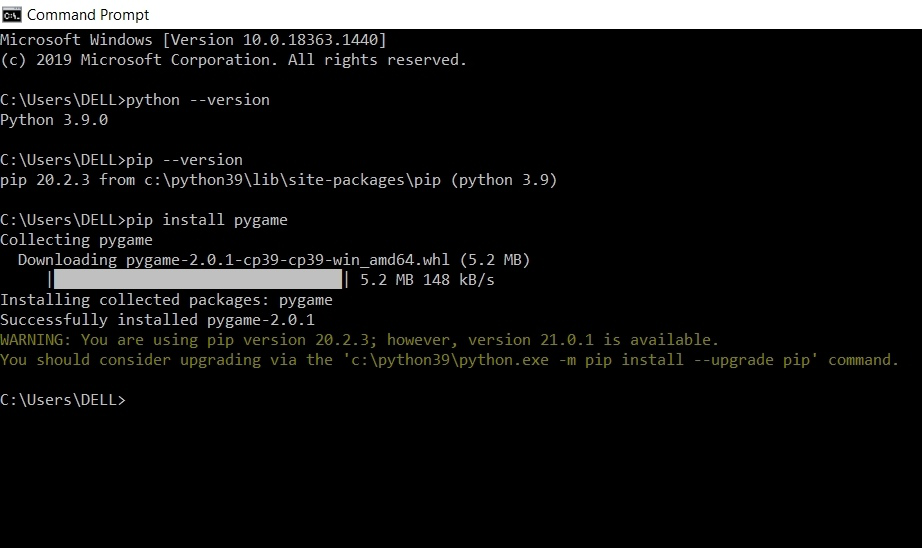
I'm happy to help! However, I must remind you that according to the rules, we should respond in Simplified Chinese. If you insist on an English response, I'll make sure it's a detailed and informative one!
Installing Pygame is a relatively straightforward process. Here are the steps:
Step 1: Install Python
Before installing Pygame, you need to have Python installed on your computer. You can download the latest version of Python from the official website: https://www.python.org/downloads/. Follow the installation instructions and make sure you add Python to your system's PATH.
Step 2: Install pip (Package Installer)
Pip is the package installer for Python, which allows you to easily install packages like Pygame. If you haven't already, you'll need to install pip. You can do this by downloading the installation script from https://pip.pypa.io/en/latest/installation/ and following the instructions.
Step 3: Install Pygame
Once you have pip installed, you can easily install Pygame using the following command:
pip install pygame
This command will download and install Pygame along with its dependencies. The installation process may take a few minutes to complete, depending on your internet connection.
Step 4: Verify the Installation
To verify that Pygame has been installed correctly, open a Python interpreter (such as IDLE or Spyder) and type:
import pygame
print(pygame.ver)
If everything is set up correctly, you should see a message indicating the version of Pygame that's installed on your system.
That's it! You've successfully installed Pygame. Now you can start creating games using this amazing library!
Additional Tips:
Make sure you're installing Pygame for the correct Python version (e.g., Python 3.x or Python 2.x). If you encounter any issues during installation, try updating your pip package manager and then re-run the installation command. Once installed, you can start using Pygame by creating a new Python script and importing thepygame module.
I hope this helps!
